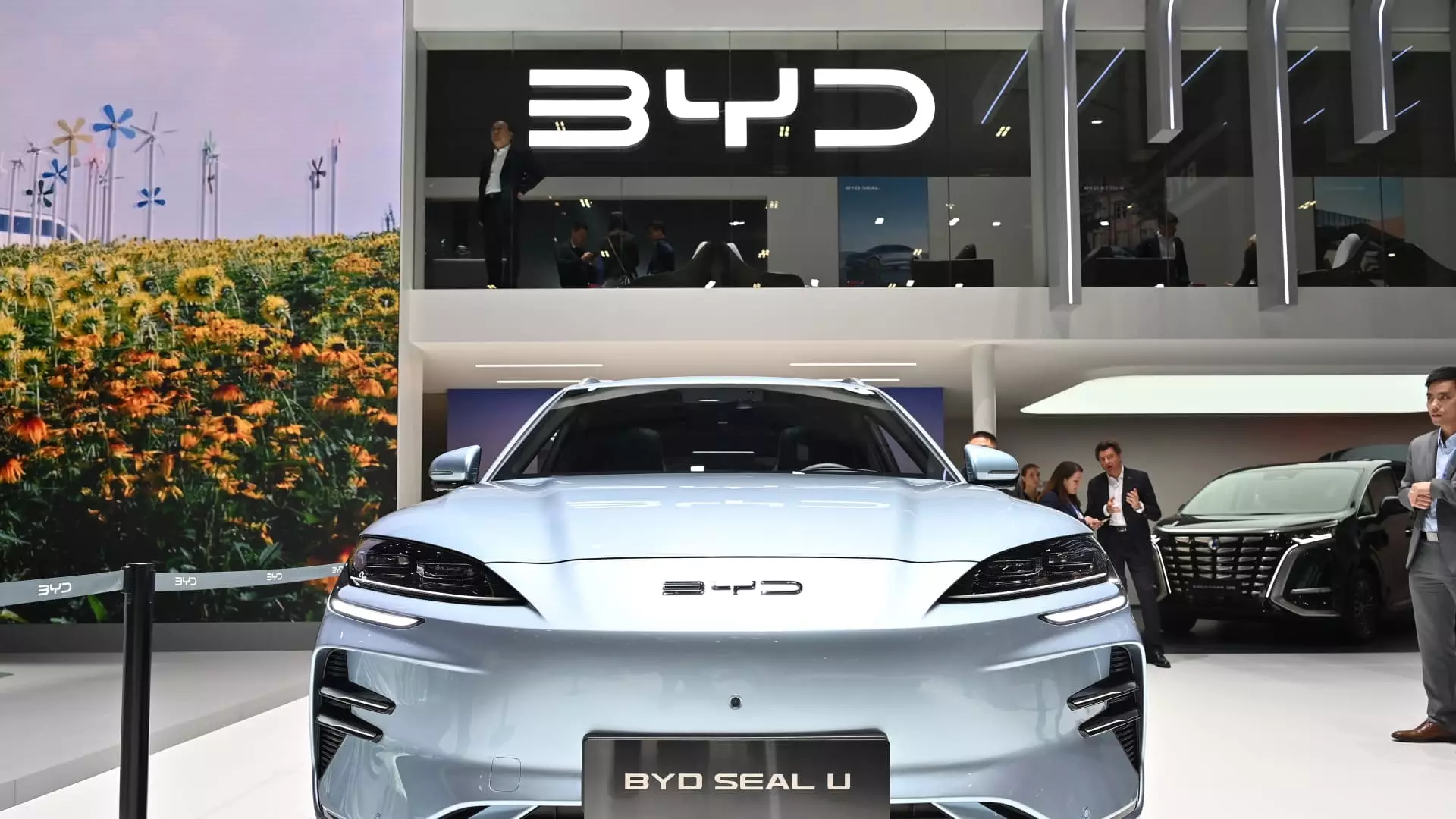The European Union recently announced its decision to increase tariffs on electric vehicles imported from China, citing unfair subsidization practices within the industry. This move has significant implications for Chinese automakers, European brands with manufacturing plants in China, and even U.S. automaker Tesla. The tariffs will range from 17.4% to 37.6%, affecting the pricing and competitiveness of electric vehicles in the European market.
In response to the tariffs, Chinese EV manufacturers like Nio and Xpeng have expressed concerns about the potential impact on their pricing strategies. While Nio has stated that it is currently maintaining prices for its European customers, it acknowledges the possibility of adjusting prices in the future. Xpeng, on the other hand, is offering protection from price increases for customers awaiting deliveries or placing new orders before the tariffs take effect. However, the company has not confirmed whether it will raise prices in response to the levies.
Tesla, which has a factory in Shanghai, has voiced its concerns about the tariffs and anticipates an increase in the prices of its Model 3 vehicles in Europe. The European Union has not disclosed the specific tariff rates for Tesla but has mentioned the possibility of imposing individually calculated duties on the U.S. automaker. This uncertainty poses challenges for Tesla as it navigates the competitive electric vehicle market in Europe.
The tariffs set to take effect on Friday are provisional and will last for four months. During this period, EU member states will vote on definitive duties that could extend for five years. This timeline adds a layer of complexity to the situation, creating uncertainty for automakers and consumers alike. The need for a mutually acceptable solution between Chinese and EU officials is crucial to resolving the tariff issue and maintaining stability in the electric vehicle market.
Chinese EV manufacturers remain dedicated to the European market and are exploring opportunities to expand their presence in the region. Companies like Xpeng are committed to providing high-quality products to European customers and are considering establishing local manufacturing capabilities to mitigate the impact of tariffs. BYD, a prominent EV maker in China, has already announced plans to open its first European factory in Hungary, signaling a strategic move towards local production and market growth.
The EU’s decision to increase tariffs on Chinese electric vehicles has sparked a wave of responses from automakers, raising concerns about pricing, competitiveness, and long-term market strategies. The evolving dynamics between Chinese and EU officials, as well as the potential for local manufacturing facilities in Europe, will shape the future landscape of the electric vehicle industry. Adapting to regulatory changes, consumer preferences, and global market trends will be crucial for automakers to thrive in this challenging environment.


Leave a Reply
You must be logged in to post a comment.